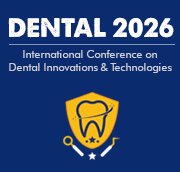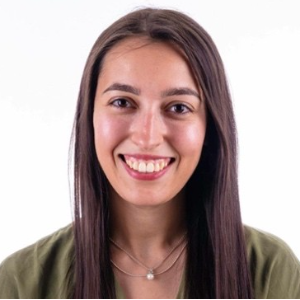Title : Digitally full-arch implant rehabilitation
Abstract:
The world is becoming increasingly digital, and as such, dentistry has kept pace with technological advances. Total oral rehabilitation has always been a challenge for dentists and prosthetists who accompany them, due to the complexity of multiple factors: occlusion, position of implants, aesthetic demand of the patient, final expectation of the team and, above all, increased ability to return the function of the stomatognathic apparatus. Fingerprints have helped improve all these aspects, making tooth testing more predictable and eliminating wax bite registrations. With a scanner and all the data from the provisional prostheses, it is much easier for us to plan a final smile with less failures and waiting times, as we can provide the prosthetic with much more relevant data. On the other hand, scanners still have some limitations and do not always allow us to make a reliable reading of scanbodies, and this indeed has been a major limitation in our clinical practice, but one that we always try to address in the best way, and to remain faithful to digital, when this phase goes less well, we always have the option of making a conventional print and later making it digital, and in this way all subsequent phases are processed equally. In recent times, comparative studies have appeared between the conventional and digital methods, and the digital method has shown to be a reliable method for fabricating structures on full-arch implants (even when tilted implants are present) with a good passive fit. We believe that many of the failures may also have to do with the scanner and our own learning curve.
Audience Take Away:
Through this presentation and sharing of clinical cases, we believe that we will be able to encourage the public that is not yet receptive to digital, and help in the exchange and sharing of information with professionals who already do it in their daily lives. Being a very popular topic, it is possible for any faculty to expand it and even share it with their students, making our work more efficient and with more quality in the future. It is necessary for professionals to use digital more so that scanners can improve the quality our work, mainly the patient's chair time and his expectations regarding the final work.



